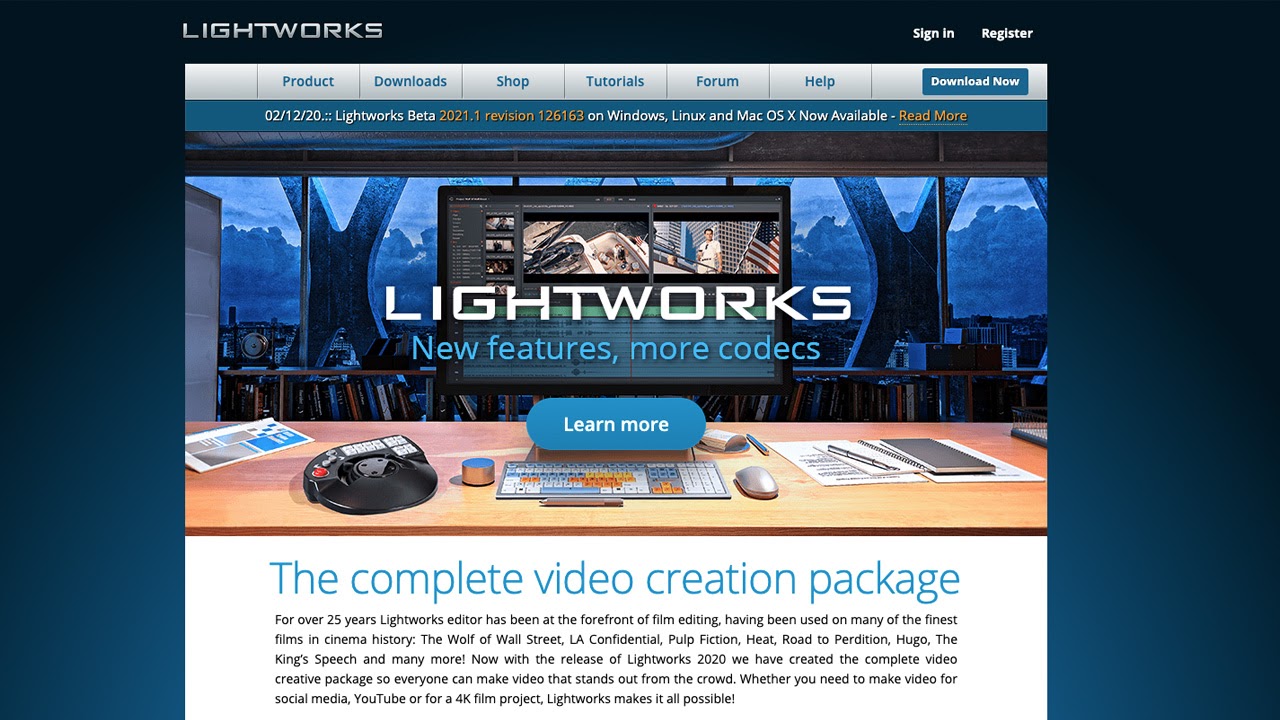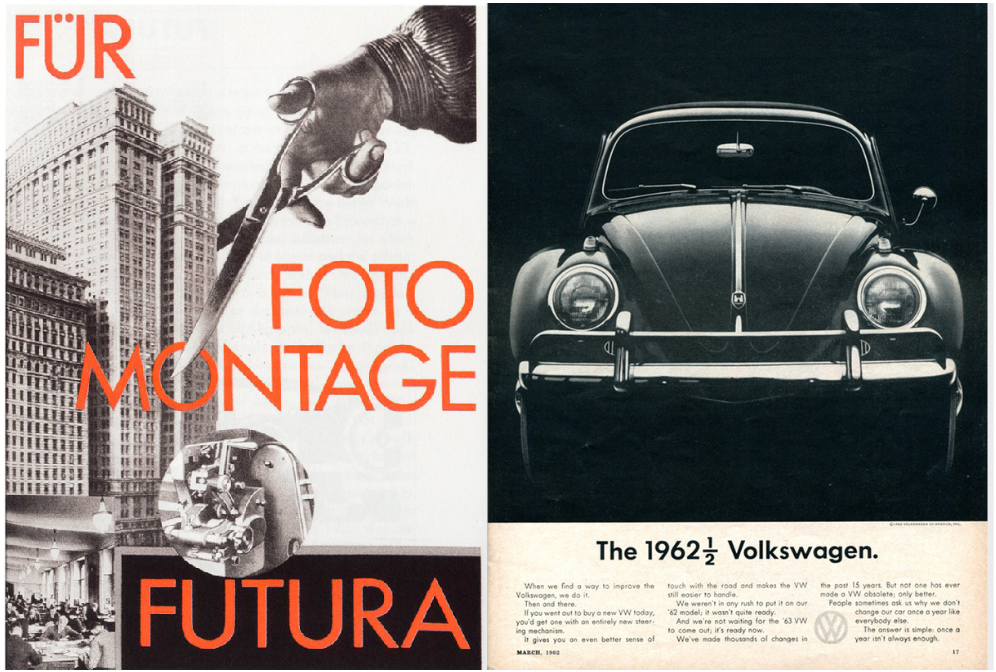Our Verdict
While Lightworks has been around longer than most editing software, it's failed to move with the times. Its effects tools are limited and it lacks the flexibility required by today’s social media world.
For
- Intuitive interface functions
- Free version has most features
Against
- Project frame rate limits import
- Lacking in effects tools
- Performance issues
- Limited export options
- Pro version is expensive
Why you can trust Creative Bloq
Welcome to our Lightworks review. Lightworks was first released in 1989 for film editing, used on the likes of Pulp Fiction. It has since been updated for digital video and, though Adobe Premiere Pro and Final Cut have overtaken it as Hollywood's top choice, it's still a powerful application. Lightworks is available in free and premium versions.
Lightworks' interface is split into four main tabs – log, edit, VFX, and audio. It's a mid-level application – more accessible than DaVinci Resolve, more complex than iMovie, and on a similar level to VSDC. The latest version is numbered 2020.1, and includes a few small new features, though no significant changes. In our Lightworks review, we'll assess its features and interface to see how it compares to other free video editing software. To explore other options for yourself, see our guide to the best video editing software.
Lightworks: Importing footage
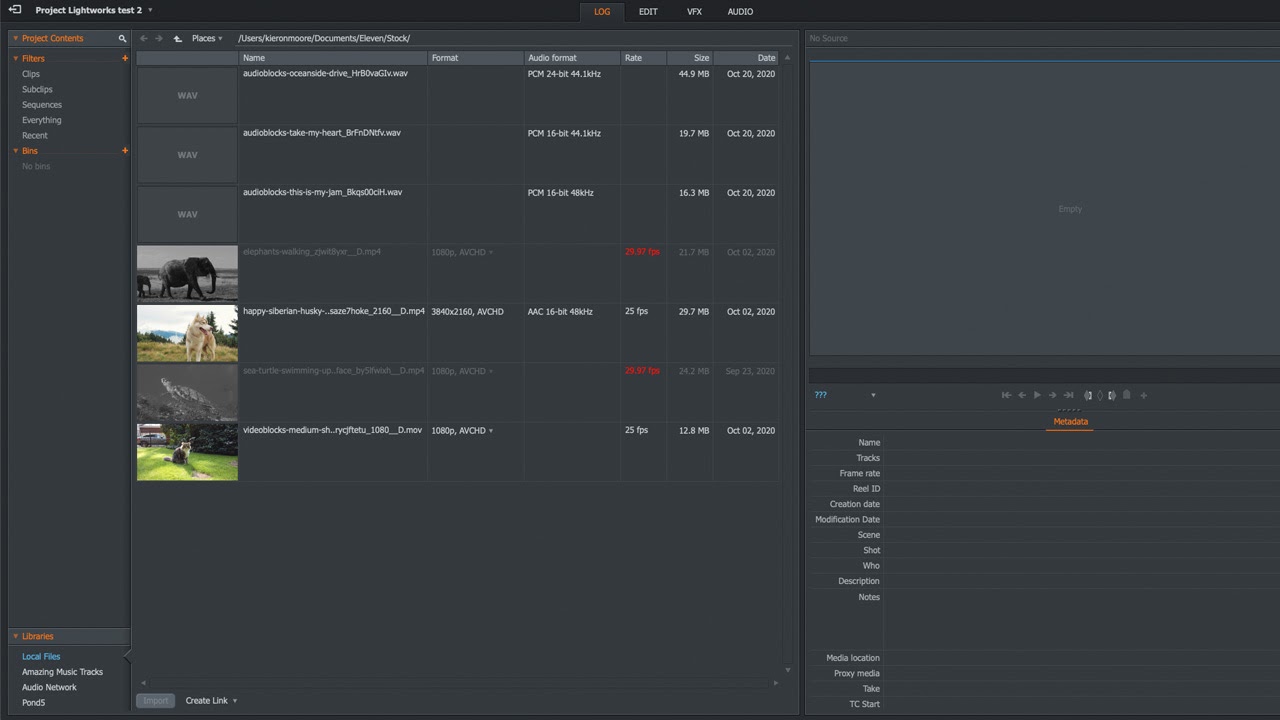
The log page is where you import media. There are plenty of options for adding custom metadata, though this is a rather technical process, compared to the more user-friendly tagging options you find in other software such as Premiere Pro and Final Cut.
Lightworks' website claims that one of its main features is unmatched format support – it can import an impressive range of video formats, and enable you to edit with them in real time, without the need for transcoding. This undoubtedly saves both time and disk space.
However, the import process also includes one of Lightworks' major drawbacks – you must select a project frame rate, and can only import files of the same rate. So, when using media from different sources, you may be unable to import footage you need. The developers have promised this will be fixed in 2021, but as most other software has enabled editing with footage of varying frame rates for some time now, it's disappointing that it's taken so long.
Lightworks: Editing interface
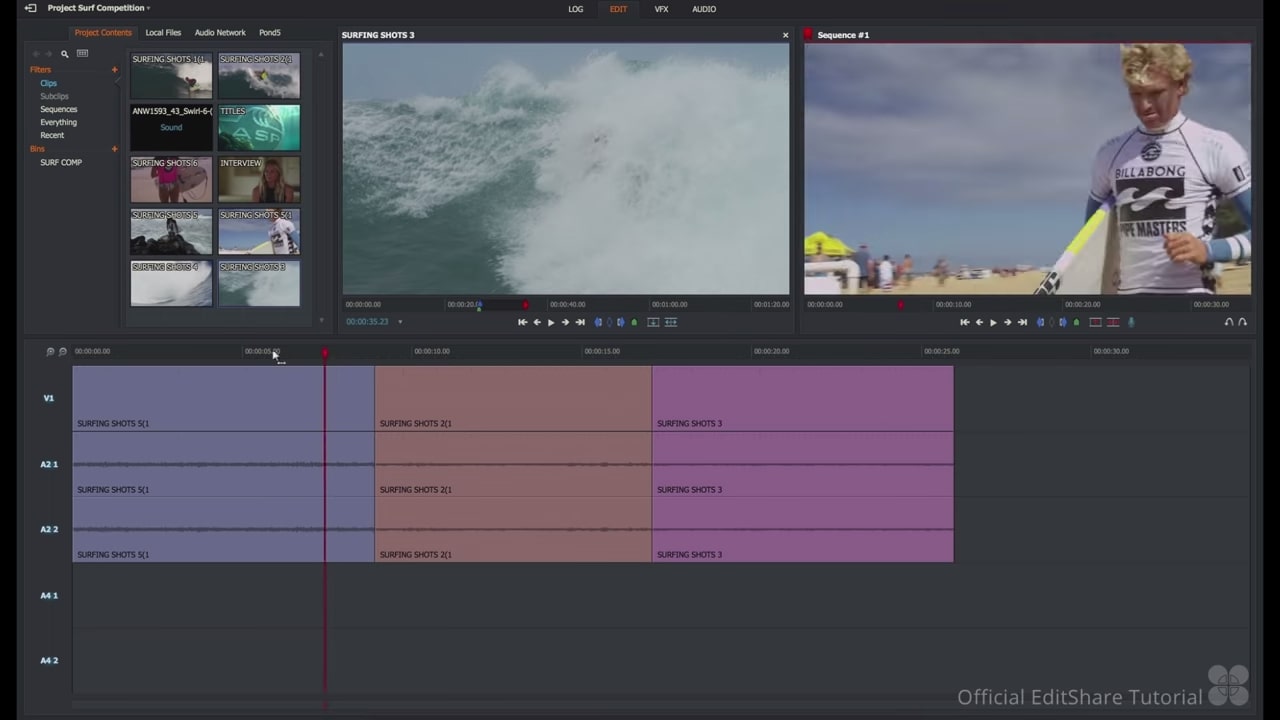
The main editing tab has a similar layout to many other programs – multi-track timeline along the bottom, project library top left, a source monitor, and a program monitor
Some functions are quite intuitive. When you preview a clip in the source monitor, rather than it being necessary to press keys to set input and output points, the last watched section is automatically selected. You can then adjust the start and end. This takes a little getting used to but can speed up the editing pace. And you simply click on multiple clips in the timeline, without having to drag or hold shift, to select and move them together.
But in other ways, it's cumbersome. Projects have one video track by default, and you have to go into a menu to add a new track, rather than simply dragging a clip into the space. Also, the source monitor doesn’t display waveforms for audio clips, which slows down finding the part of a track you want to use.
Lightworks: VFX and color
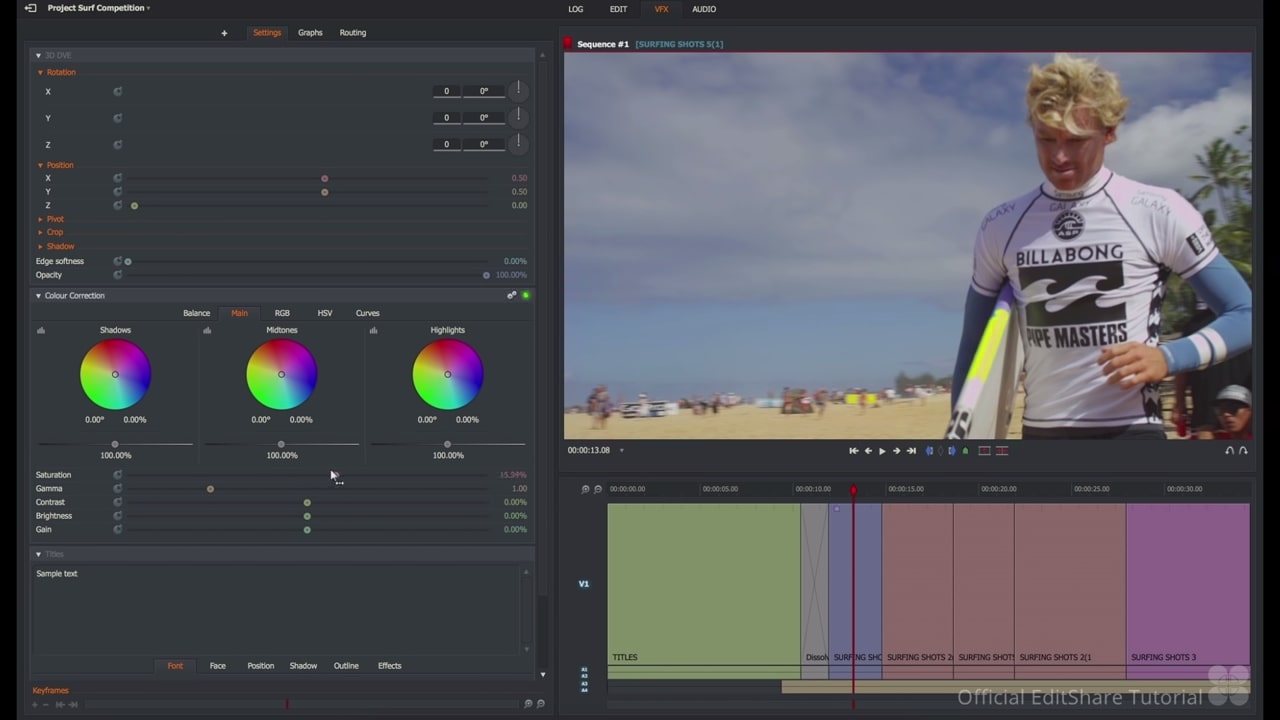
All visual adjustments are collected under the VFX tab. This includes a colour correction effect with a good range of options – wheels for shadows, midtones, and highlights, RGB curves, sliders for saturation, gamma, and contrast, and more. It's quite intuitive to use, so you can easily give your video a professional-looking grade.
There's also a 3D DVE tool, the equivalent of motion controls in Premiere, which allows you to set rotation, position, scale, cropping, etc. All these options can be keyframed, too, so you have a good amount of control over the animation of clips.
However, the other effects available are very limited. There's no motion tracking or masking, which a lot of similar-level competitors such as VSDC and Premiere Elements do have. And the options for text graphics in the free version are very basic – for interesting titles, you'll need to invest in Lightworks Pro, which comes with the Boris Graffiti plug-in.
Lightworks: Audio tools
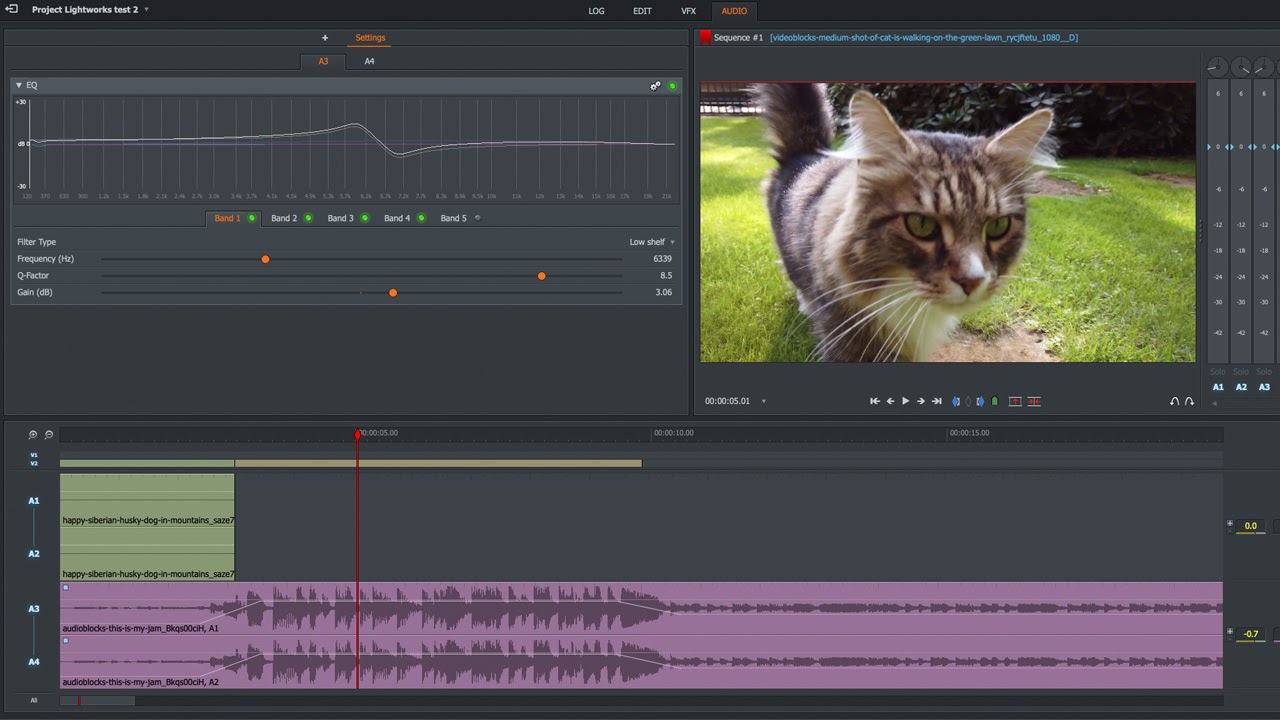
The fourth and final tab in Lightworks is audio. There are numerous useful effects you can apply to audio files, such as crossfades, hum removal, sibilance reduction, and customizable EQ. All these are intuitively designed and work well.
You can also apply keyframes to raise and lower the volume across an audio track. However, it would be nice to be able to apply these in the main edit tab as well as the audio tab, and to be able to apply keyframes to effects. So, it's possible to use Lightworks to tidy up your audio and do some mixing, though the choices aren't as in-depth as in, for example, DaVinci Resolve.
Lightworks: Should I use it?
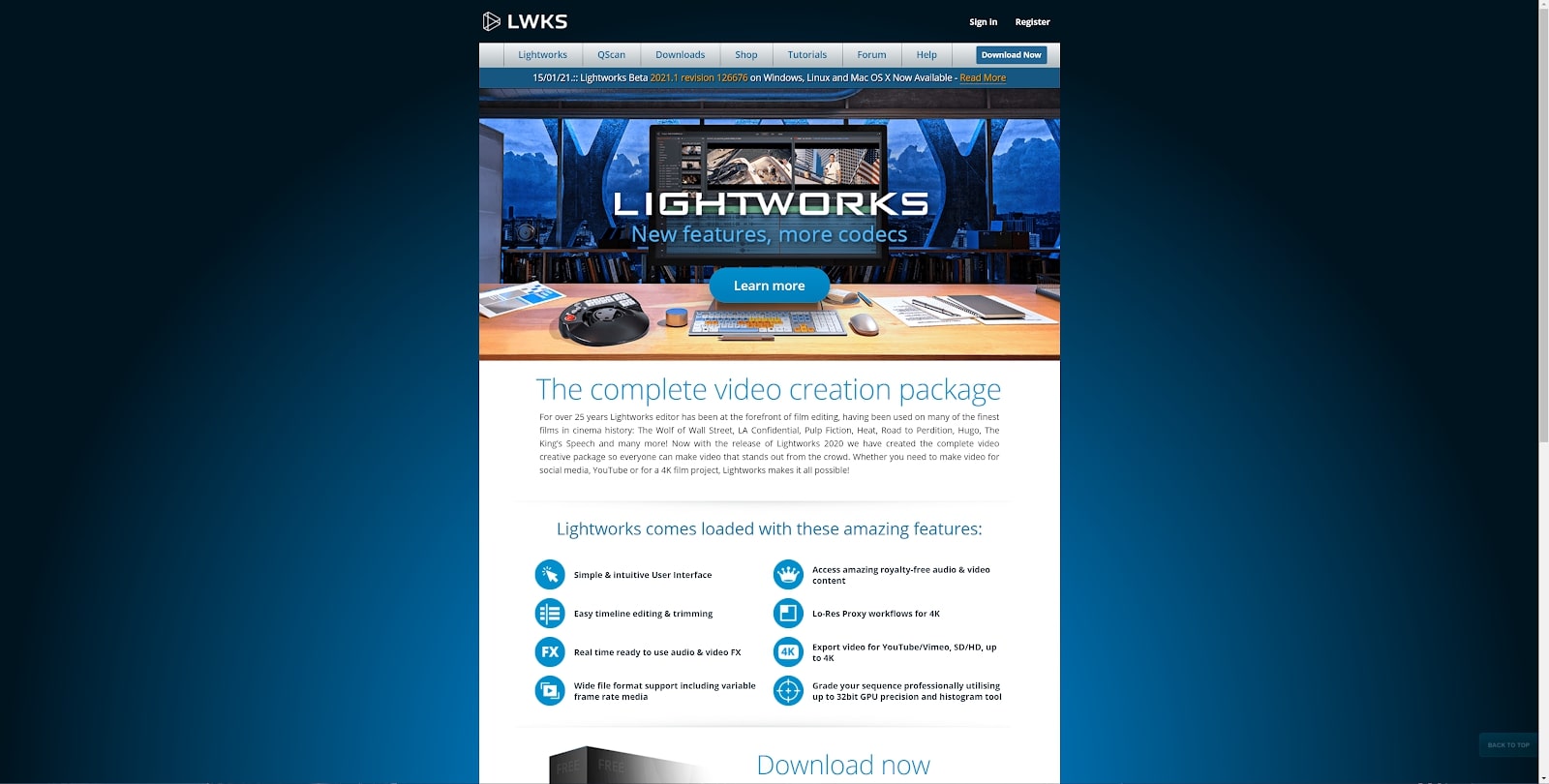
Lightworks allows you to edit video to a good standard. Its interface is intuitive in several ways, and there are useful color and audio tools. However, the effects options are limited compared to other options such as DaVinci Resolve and VSDC.
It’s also worth pointing out that, in our tests – on a Macbook Pro running macOS 10.15 – Lightworks' performance was poor compared to other software. It lagged on several occasions and, more than once, shut down unexpectedly.
Plus, since it's designed with broadcast and cinema standards in mind, Lightworks isn't an appropriate choice for creating social media videos. There's no option to export in aspect ratios suited to social apps. However, if you're editing more traditional format videos, perhaps for YouTube or short films, and you are a reasonably confident editor, it's worth considering.
Since it's free to download, you have nothing to lose if you want to try it. The main difference between the versions is that the free Lightworks only allows exports up to 720p, while Pro can export in a broader range of formats and resolutions. Pro also includes some additional features and plug-ins.
Lightworks Pro costs $24.99/month, $174.99/year, or $437.99 outright, which is expensive compared to other premium software – Premiere Pro is $20.99/month and Final Cut Pro $299 outright, and both are better applications.
Lightworks: System requirements
Windows
- Windows Vista or later
- Intel i7 chipset or faster
- 3 GB of RAM
- 1 GB of GPU VRAM
- 200 MB disk space
macOS
- macOS v10.9 or later
- Intel i7 chipset or faster
- 3 GB of RAM
- 1 GB of GPU VRAM
- 200 MB disk space
Read more: Best video editing apps: Edit video on the go

Thank you for reading 5 articles this month* Join now for unlimited access
Enjoy your first month for just £1 / $1 / €1
*Read 5 free articles per month without a subscription

Join now for unlimited access
Try first month for just £1 / $1 / €1
out of 10
While Lightworks has been around longer than most editing software, it's failed to move with the times. Its effects tools are limited and it lacks the flexibility required by today’s social media world.

Kieron Moore is a freelance writer based in Manchester, England. He contributes to Future sites including TechRadar and Creative Bloq, focusing on subjects including creative software, video editing, and streaming services. This work draws on his experience as an independent filmmaker and an independent TV watcher. He can be found on Twitter at @KieronMoore, usually when he’s meant to be writing.
